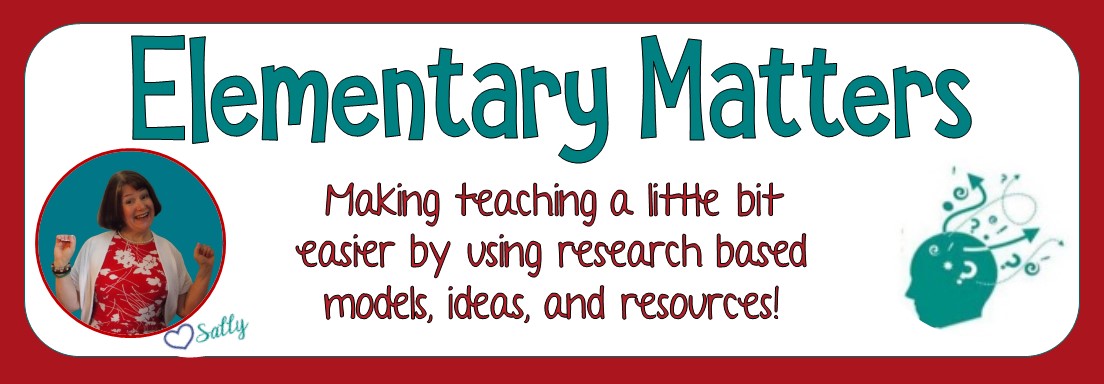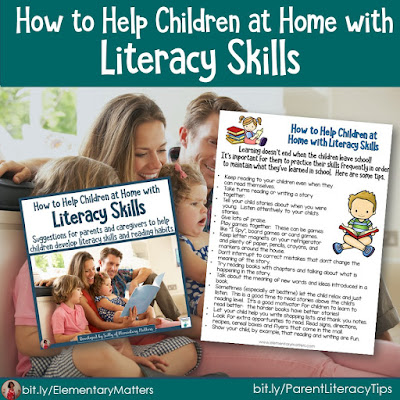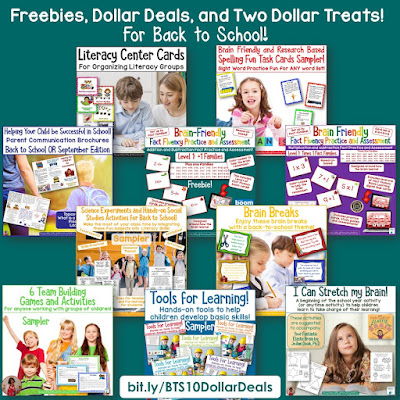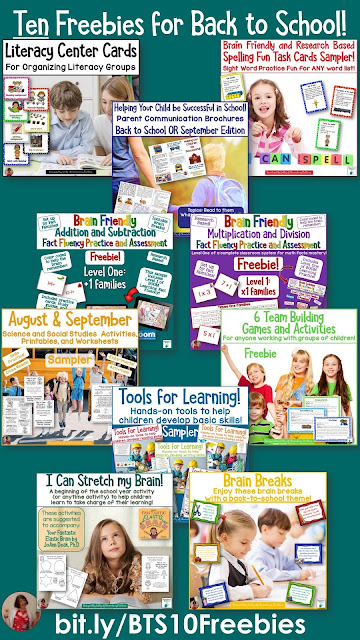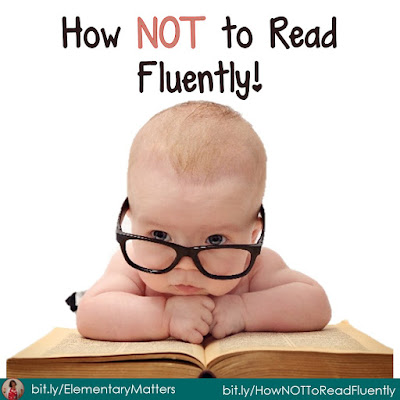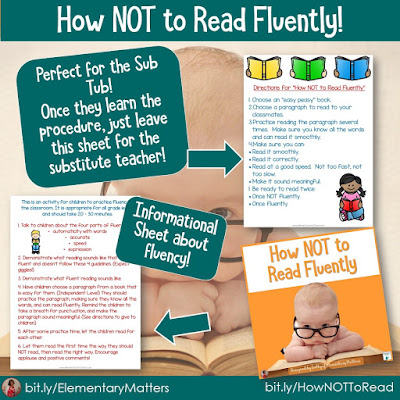I am committed to reading aloud to my students daily.
Not only is it my very favorite time of day, but there are so many benefits of reading aloud to kids.
Here are some advantages of reading aloud to children:
1. It's a shared literacy experience within the classroom community.
2. It's a great way to model important reading concepts like understanding characters, using inference skills, predicting, and more!
3. It's a great way to model phrasing and fluent reading.
4. Read Alouds are like an advertisement for books! Ever notice how the kids want to read a book right after you read it to them? Or perhaps another book in the series?
5. Read Alouds develop a child's vocabulary.
6. Shared books are a great way to model writing skills!
7. Shared books are a great way to spark discussion about sensitive subjects.
8. Children learn language patterns and figurative language through Read Alouds.
9. When you have multiple reading levels in your classroom (which most of us do!) it "evens the playing field."
10. Reading aloud helps build attention spans.
11. It's a chance to "think aloud" to model decoding new words using context clues.
12. It's a great opportunity to bring literature into other subjects like Science, Social Studies, Mathematics, and even Music, Art, and Phys. Ed!
13. Reading aloud encourages thinking and using imagination.
14. Reading aloud helps children learn about the world. Not just their own world, but other places, cultures, time periods, and even fictional worlds.
15. It's fun!
Looking to get families involved? Enjoy this resource!
What books do you like to read aloud to children?
What other advantages to reading aloud can you name?
What other advantages to reading aloud can you name?
